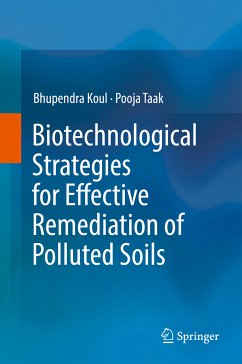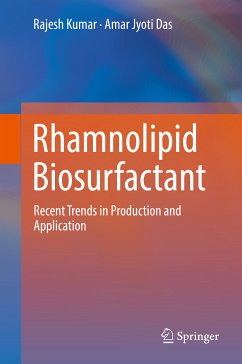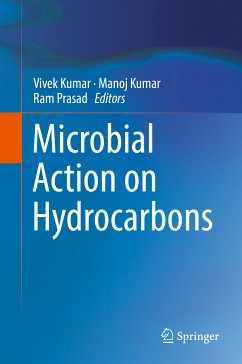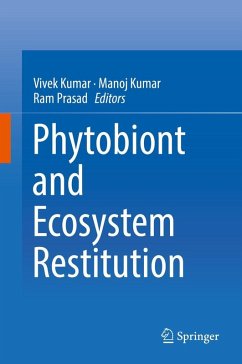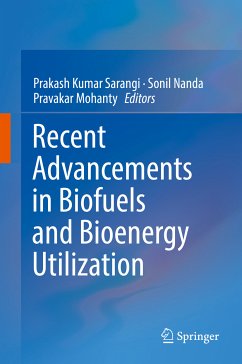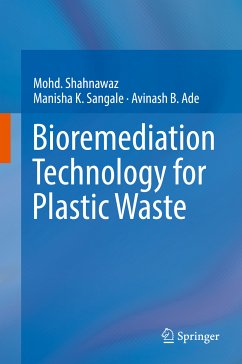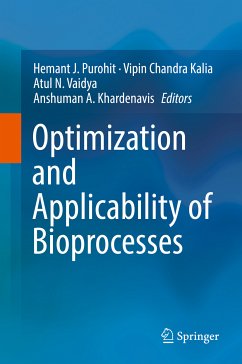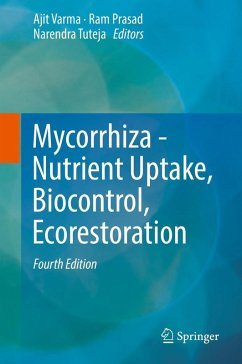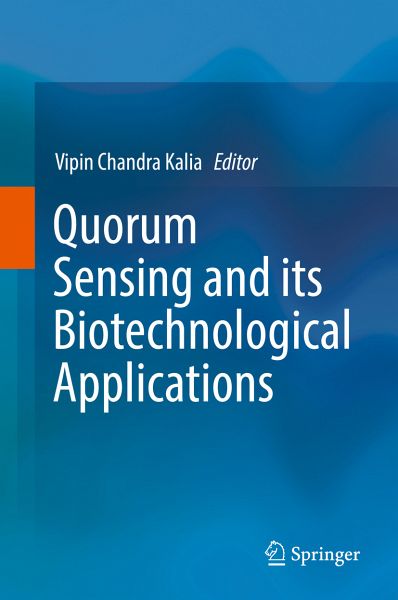
Quorum Sensing and its Biotechnological Applications (eBook, PDF)
Versandkostenfrei!
Sofort per Download lieferbar
72,95 €
inkl. MwSt.
Weitere Ausgaben:

PAYBACK Punkte
36 °P sammeln!
This book delves into the biotechnological applications of Quorum sensing (QS)- a peculiar gene-regulatory process of some microorganisms. Quorum Sensing allows a large bacterial population to work together in a coordinated manner to carry out metabolic activities, which individual bacterium cannot. The different chapters describe how, associating bioremediation process with energy generation is an economical proposal, for reducing pollution and managing biowastes. The book discusses how QS can be exploited for biotechnological applications in generating bioproducts, bioenergy, bioremediation...
This book delves into the biotechnological applications of Quorum sensing (QS)- a peculiar gene-regulatory process of some microorganisms. Quorum Sensing allows a large bacterial population to work together in a coordinated manner to carry out metabolic activities, which individual bacterium cannot. The different chapters describe how, associating bioremediation process with energy generation is an economical proposal, for reducing pollution and managing biowastes.
Dieser Download kann aus rechtlichen Gründen nur mit Rechnungsadresse in A, B, BG, CY, CZ, D, DK, EW, E, FIN, F, GR, HR, H, IRL, I, LT, L, LR, M, NL, PL, P, R, S, SLO, SK ausgeliefert werden.



